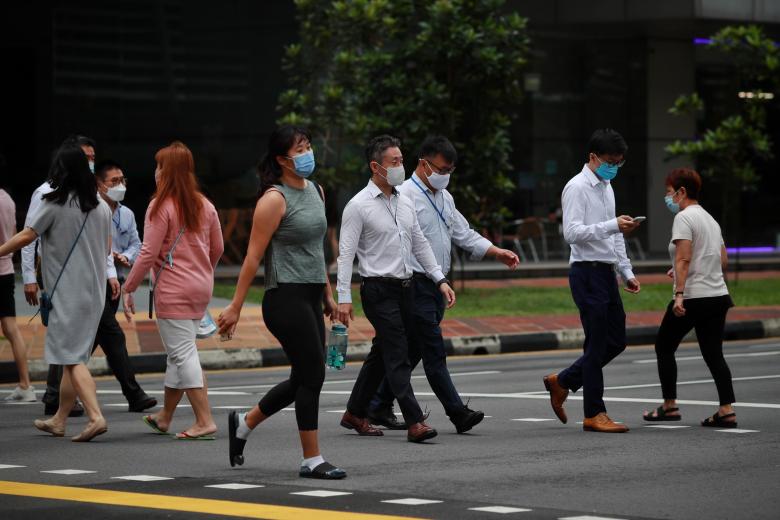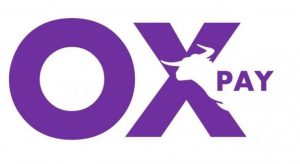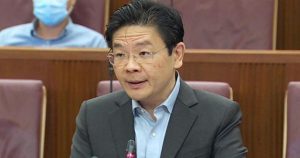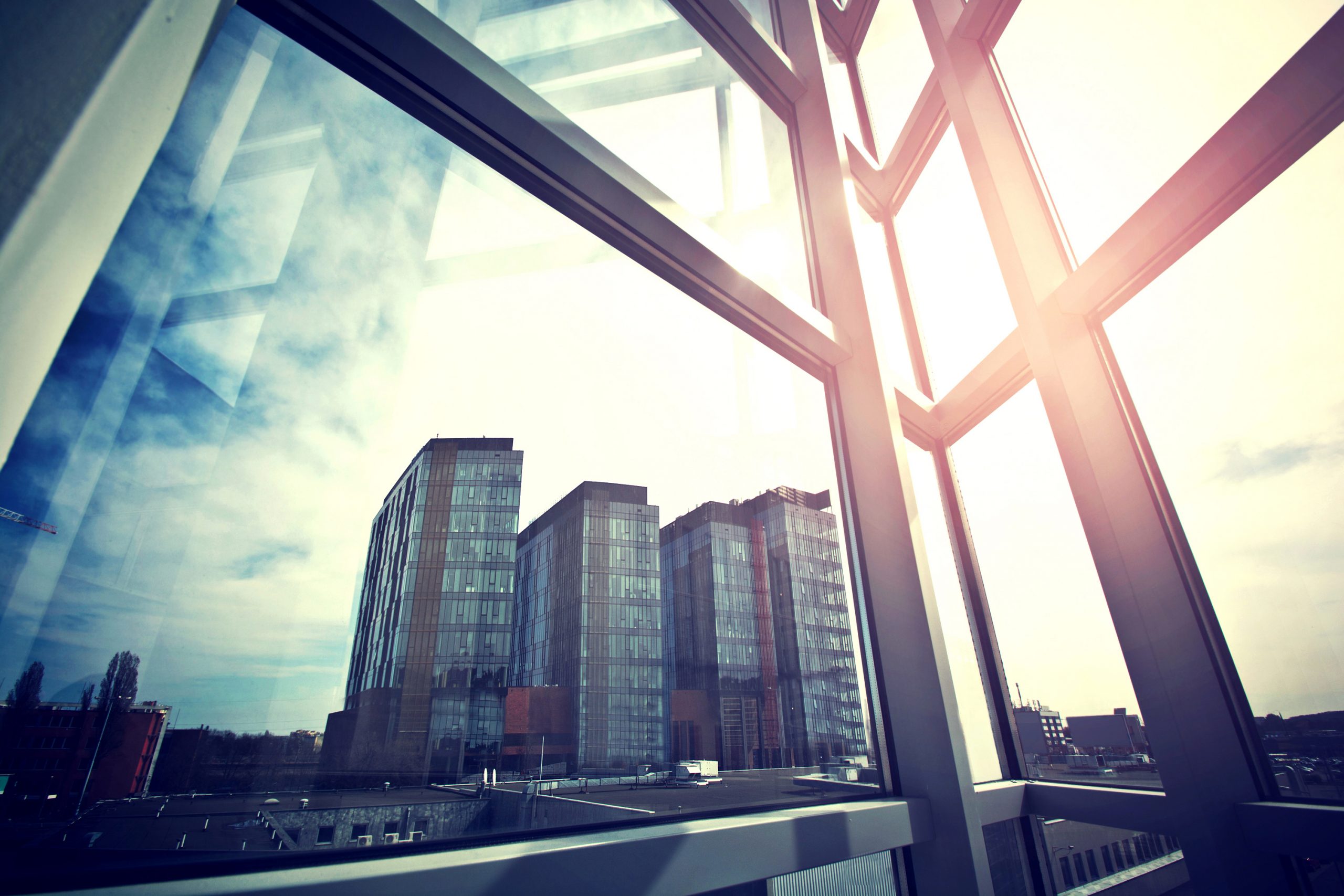SINGAPORE – The pandemic seems to have improved the work experience for at least one group – senior business leaders, noted a new survey.
It found that 72 per cent of directors and C-suite leaders polled here last year said the pandemic has had a positive impact on their work-life balance.
But only 25 per cent of employees surveyed here said so, while 44 per cent of employees said their work-life balance had not been impacted and 31 per cent said it had worsened.
Nonetheless, out of six countries studied between August and October 2021, Singapore had the lowest proportion of employees reporting a poorer work-life balance since the onset of the pandemic. It also had the highest proportion of business leaders reporting a better one.
The other countries in the survey by Economist Impact – a business unit of The Economist Group – with support from WeWork, are the United States, Britain, Australia, France and Germany. In all, 700 business leaders and 4,000 employees were surveyed.
The respondents in Singapore included 100 senior business leaders with responsibility for determining companies’ working arrangements, and 400 employees at manager level and below.
Nearly all – 99 per cent – of the business leaders were satisfied with their jobs, compared with 68 per cent of the employees.
Institute for Human Resource Professionals chief executive Mayank Parekh cited several possible reasons for the difference in impact on work-life balance across seniority levels. For one thing, business leaders had busier travel schedules than employees before the pandemic, so spending more time at home due to flight restrictions generally improved their work-life balance to a greater extent.
The negative impact of pandemic restrictions on parents with younger, school-going children has also been greater. This group is more likely to comprise employees and mid-level managers, rather than business leaders, said Mr Parekh.
Mr Ang Yuit, vice-president of the Association of Small and Medium Enterprises, said typical business owners here take on the roles of salesman, and before the pandemic would often attend networking events or entertain customers after working hours, or travel for work. Now, they spend far more time at home.
“Anecdotally, many might have felt restless at the start and a bit disconnected from customers, but after a while many start to reflect and enjoy their time with family,” he added.
He noted that while the past two years have been an opportunity for many business owners to reset their work-life balance, some will likely return to the “old normal” if more events and entertainment options resume.
In terms of job satisfaction, Dr Sherwin Chia, a senior lecturer who teaches human resource management at the Singapore University of Social Sciences, said business leaders may have more clarity than employees about their job role and the organisation they are part of, and so may feel they have more purpose at work. Also, their roles typically come with more job autonomy, which is positively associated with job satisfaction.
Singapore Human Resources Institute president Low Peck Kem said the findings gel with most employee engagement surveys: C-suite leaders tend to report a more positive response, mainly because they have a hand in designing or approving the policies that aim to enhance engagement levels, and the lowest engagement scores typically come from the middle managers or the “sandwiched” level.
Mercer Singapore partner and career business leader Lewis Garrad said the different experience across seniority levels only becomes a problem when leaders think that all employees experience the same treatment, leading to a perception gap between leaders and employees.
“As a result, leaders will struggle to understand the issues and challenges employees face, impacting company culture, employee engagement and ultimately productivity.” he said.
Internationally, the survey found that remote working boosted productivity and work-life balance for business leaders but outcomes were mixed for employees in less senior roles.
Mr Jonathan Birdwell, regional head of policy and insights for Europe, the Middle East and Africa at Economist Impact, said: “The discrepancy may be explained by employees reporting less flexibility during the pandemic compared to business leaders, less access to remote working equipment and ascribing a greater importance to having an office to help maintain separation between their personal and professional lives.”
Around 56 per cent of the 4,000 employees surveyed said they enjoy going to the office because it allowed them to keep their professional and personal obligations separate.
As hybrid work models with greater flexibility become more common, Economist Impact recommended in its report that policies around offices and workspaces address employees’ concerns about feeling safe in busy offices.
Written by Joanna Seow – Manpower Correspondent











